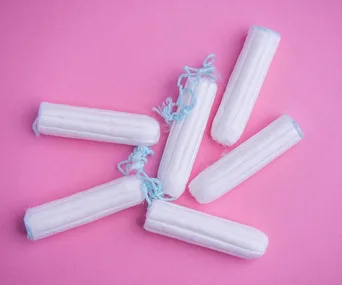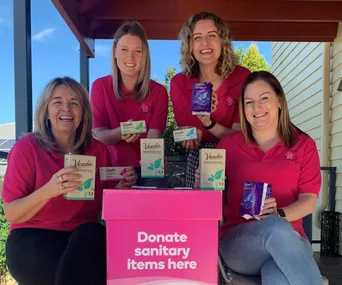According to Australian charity Share the Dignity, one in five menstruating Australians have limited to no access to the necessary sanitary products and facilities they need for the duration of their period.
While having your period may be a mild monthly nuisance to some, it can also be a scary and stressful time for those who don’t have the resources or support they need to menstruate safely and without shame, stigma, or discrimination,
Scroll down to read our guide to the most frequently asked questions about period poverty, including the practical things you can do to help.
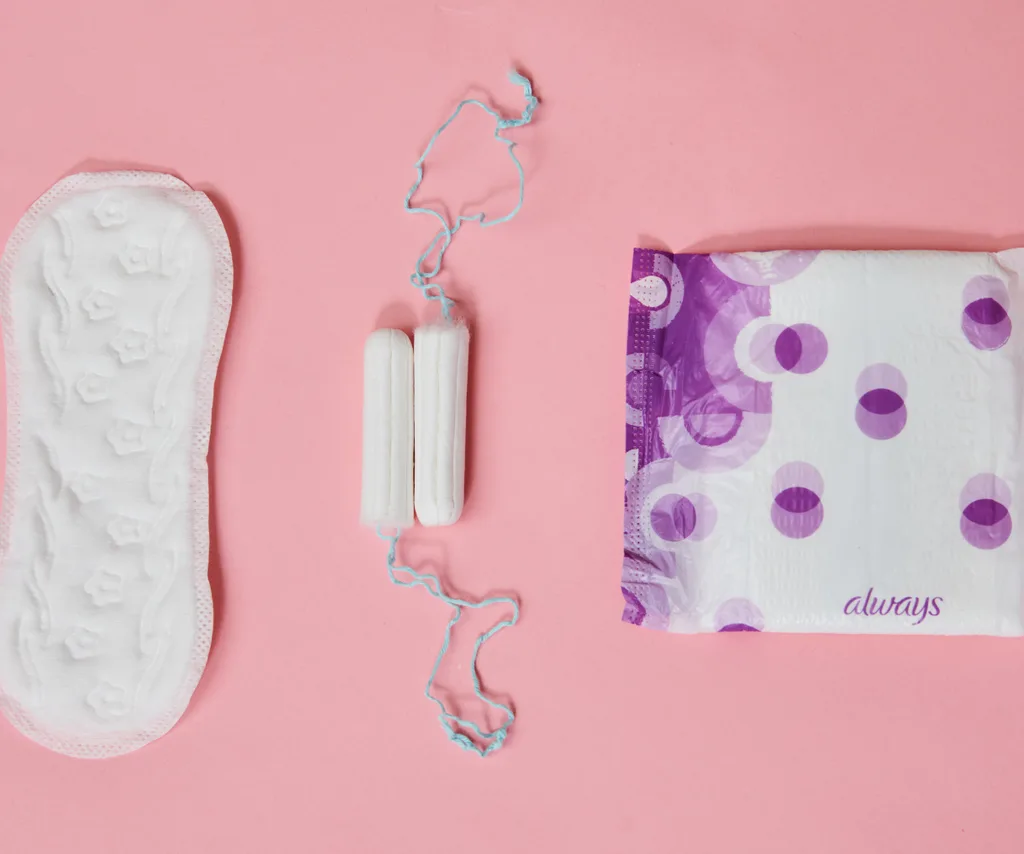
Period poverty encompasses a lack of access to sanitary resources, education, support, waste management, and hygiene facilities.
(Image: Getty)WHAT IS PERIOD POVERTY?
Period poverty can best be defined as the inadequate access to dedicated menstrual products.
Period poverty does not relate solely to the lack of access to items such as pads and tampons, but also encompasses inadequacies in education surrounding menstruation and how to safely use sanitary products, as well as a lack of access to safe and hygienic waste disposal and hygiene facilities.
WHO IS IMPACTED BY PERIOD POVERTY?
Period poverty can impact any individual that menstruates.
Low and no income individuals are more likely to experience period poverty, due to not being able to afford the basic sanitary products that they need for the duration of their menstruation period.
Period poverty, however, does not just impact individuals that are financially disadvantaged, with various social, cultural, and religious barriers also inhibiting one’s ability to be able to menstruate openly and safely.
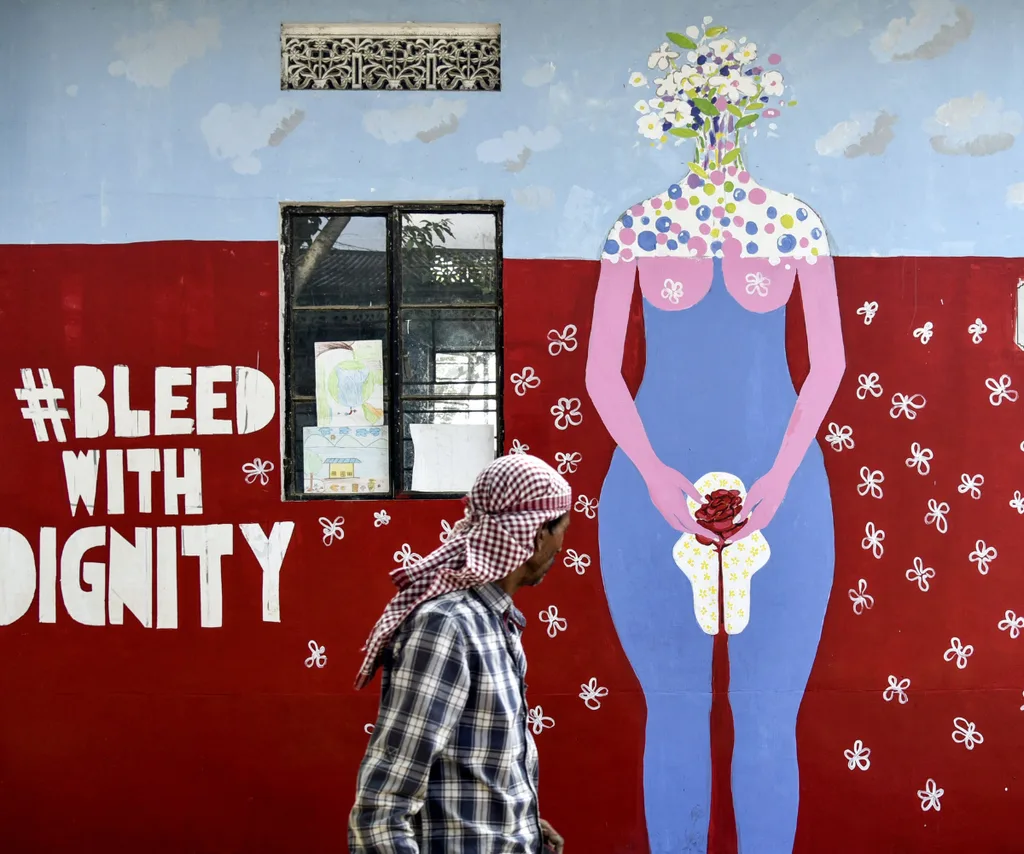
Period poverty is not solely an issue in developing countries, with one in five Australians having inadequate access to sanitary items.
(Image: Getty)IS PERIOD POVERTY AN ISSUE IN AUSTRALIA?
Period poverty is a very real issue in Australia and is one that is often overlooked.
Research released in 2021 by Australian charity Share the Dignity uncovered that one in five Australians who menstruate have been utilising other household items in place of pads or tampons, due to being unable to afford the cost of basic dedicated sanitary items.
Share the Dignity founder Rochelle Courtenay told Now to Love in 2020, “I’ve met women using tea towels and washers. We hear women saying ‘I can’t afford products for my daughter, so she can’t go to school.’ I remember meeting a young woman who was so resourceful … She would go into the laundromat and steal socks to use to deal with her period.”
WHY IS ACCESS TO ADEQUATE PERIOD PRODUCTS SO IMPORTANT?
A 2023 report by the Frontiers in Global Women’s Health stated that “poor hygiene measures during menstruation can pose serious health risks, such as reproductive and urinary tract infections, thrush,” and potentially more serious bacterial infections, such as Toxic Shock Syndrome.
Adequate access to period products also plays a critical role in allowing people that menstruate to go about their daily lives with dignity.
Share the Dignity’s ‘Big Bloody Survey’ found that almost 50% of the 125,000 survey respondents used one sanitary product for an extended period of time due to not having enough sanitary resources to last the duration of their period.
The survey also found that over 40% of survey respondents missed at least one day of work or school because of their period, due to multiple reasons such as pain and discomfort, embarrassment, and lack of resources.
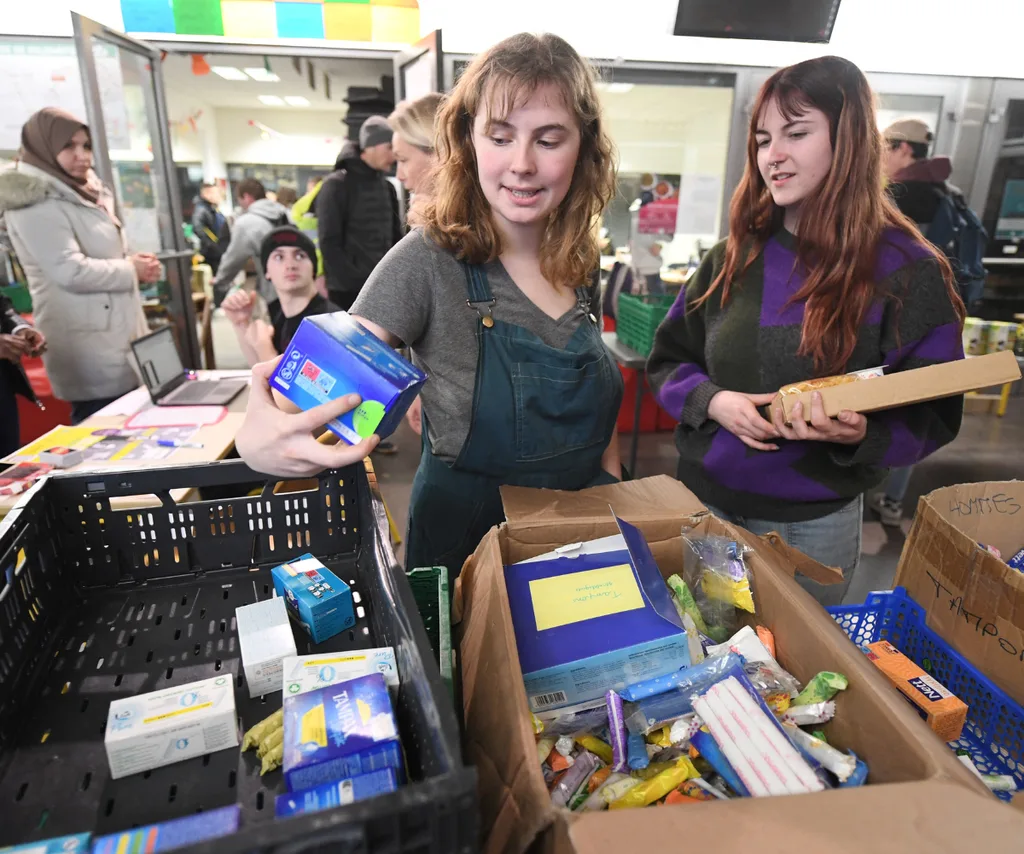
Sanitary products are freely available in schools, public hospitals, and university campuses across Australia.
(Image: Getty)WHAT CAN I DO TO HELP?
There a number of practical ways that you can contribute to the fight against period poverty.
Share the Dignity have partnered with Woolworths to facilitate their Dignity Drive.
The Dignity Drive runs twice a year throughout March and August, with collection boxes placed in Woolworths stores nationwide for you to donate any pads, tampons, period undies, menstrual cups, maternity pads, and incontinence products, which will then be distributed to those in need.
Period underwear brand Modibodi also allows customers to participate in their Give A Pair program when purchasing through their website.
To participate, simply add a Give A Pair voucher to your cart at checkout, and Modibodi will donate a bundle pack of five pairs of period underwear to those who need them most.
Want to try period underwear yourself? Modibodi are also offering up to 50% off their best-selling products from June 16-30, 2023.
For more information, visit modibodi.com
.png?fit=900%2C553)
